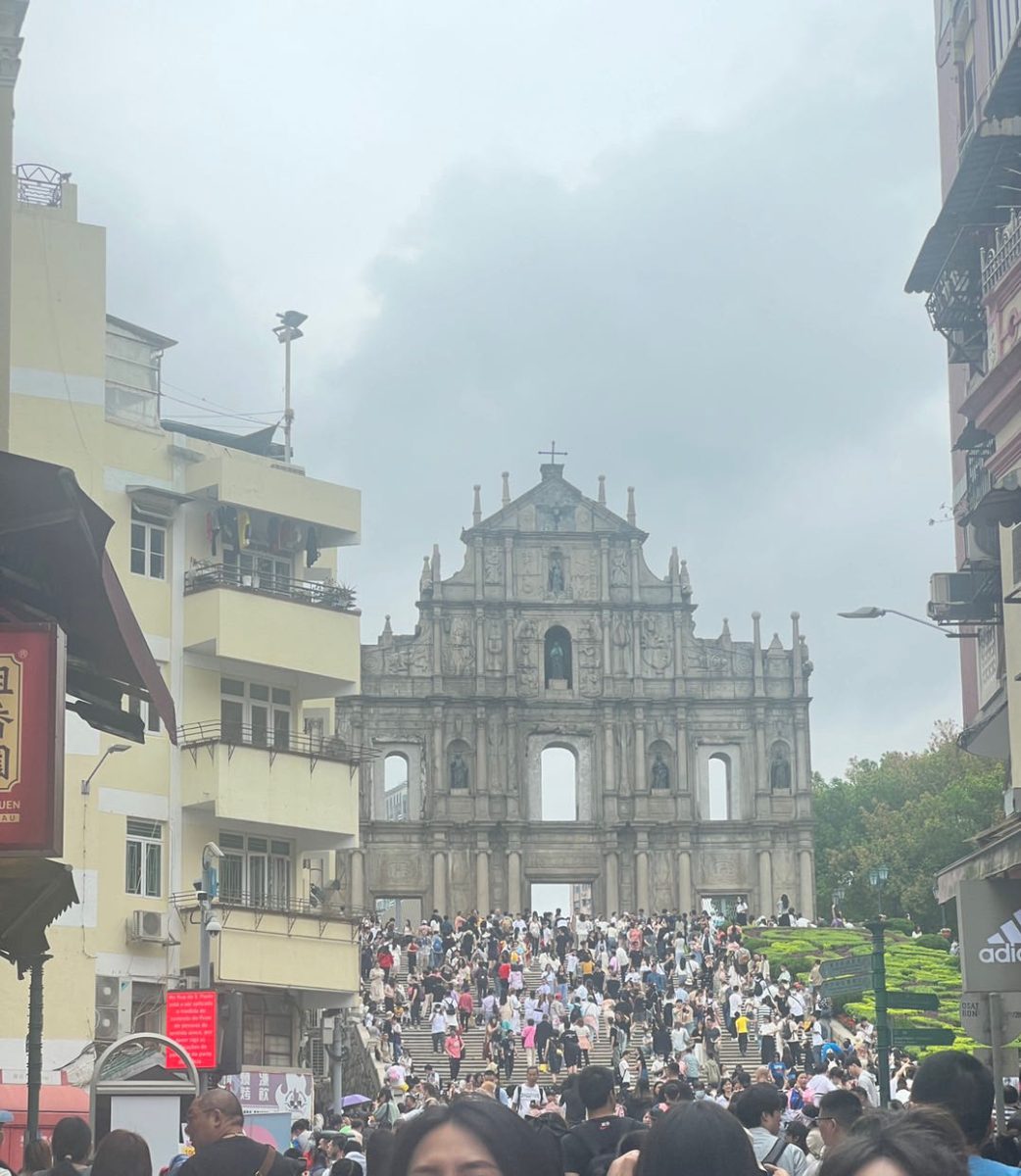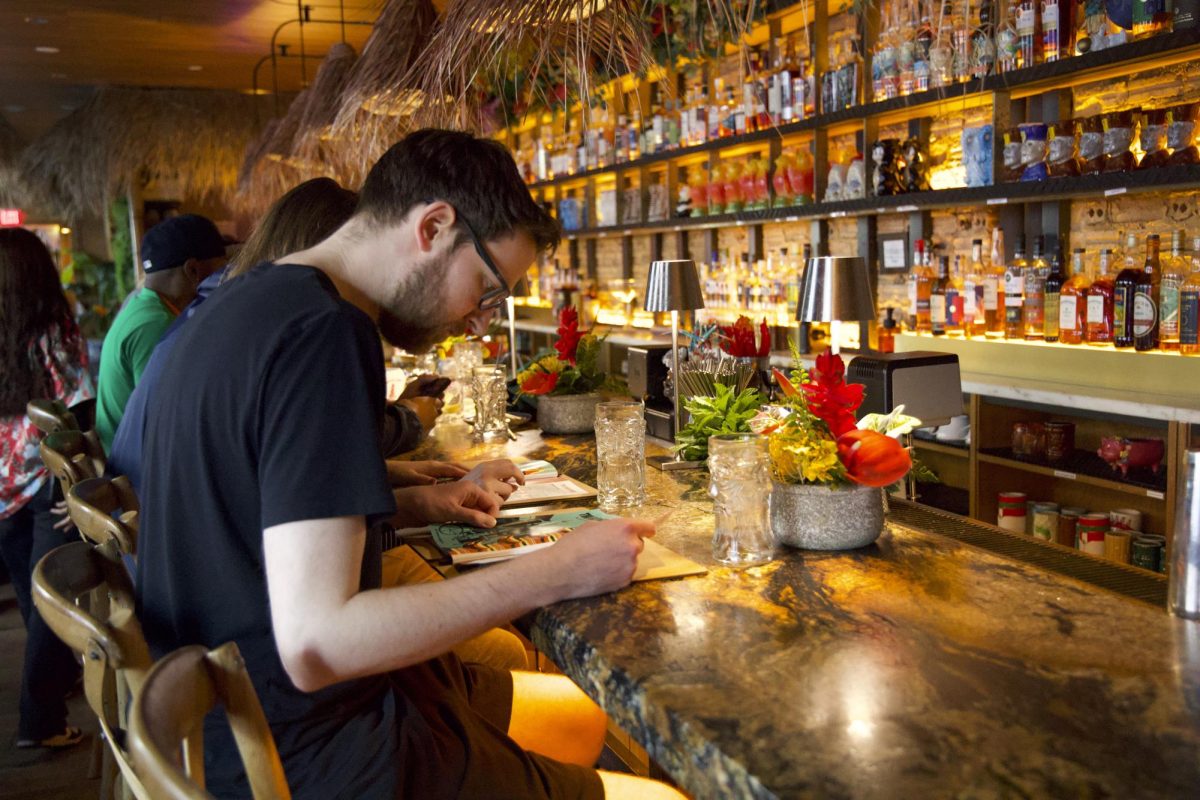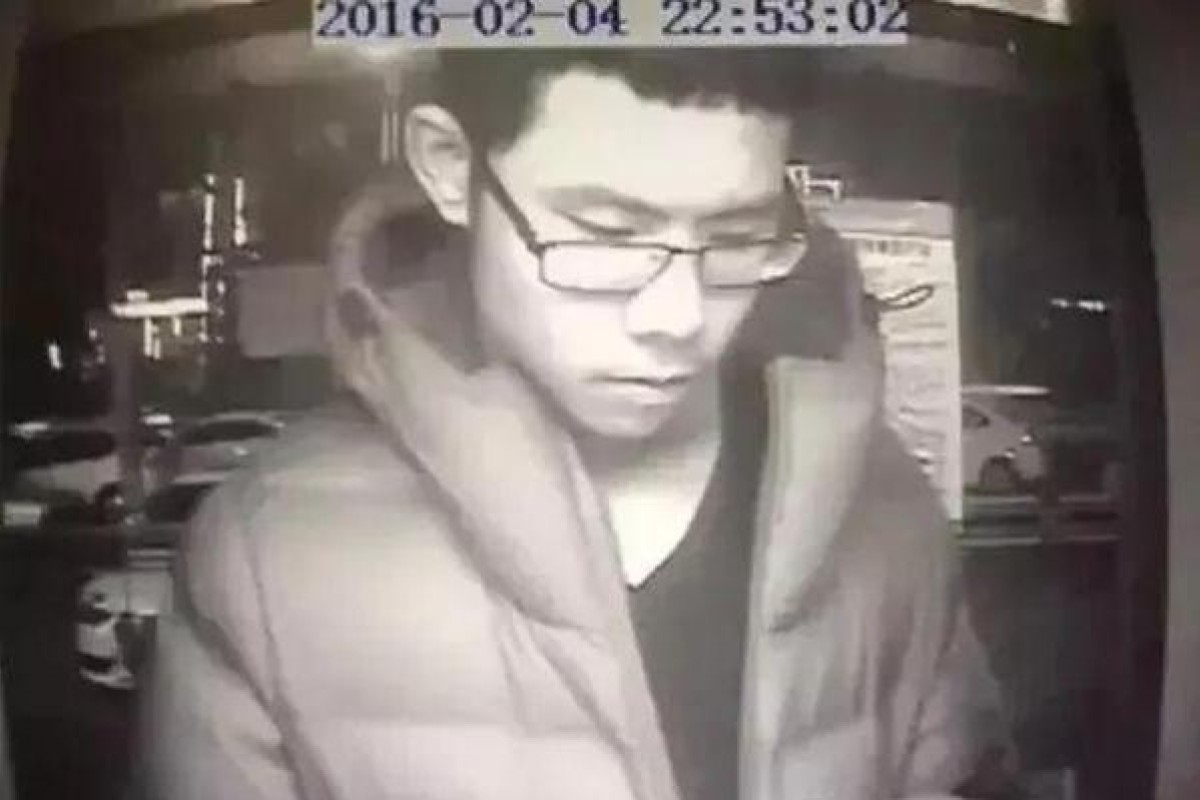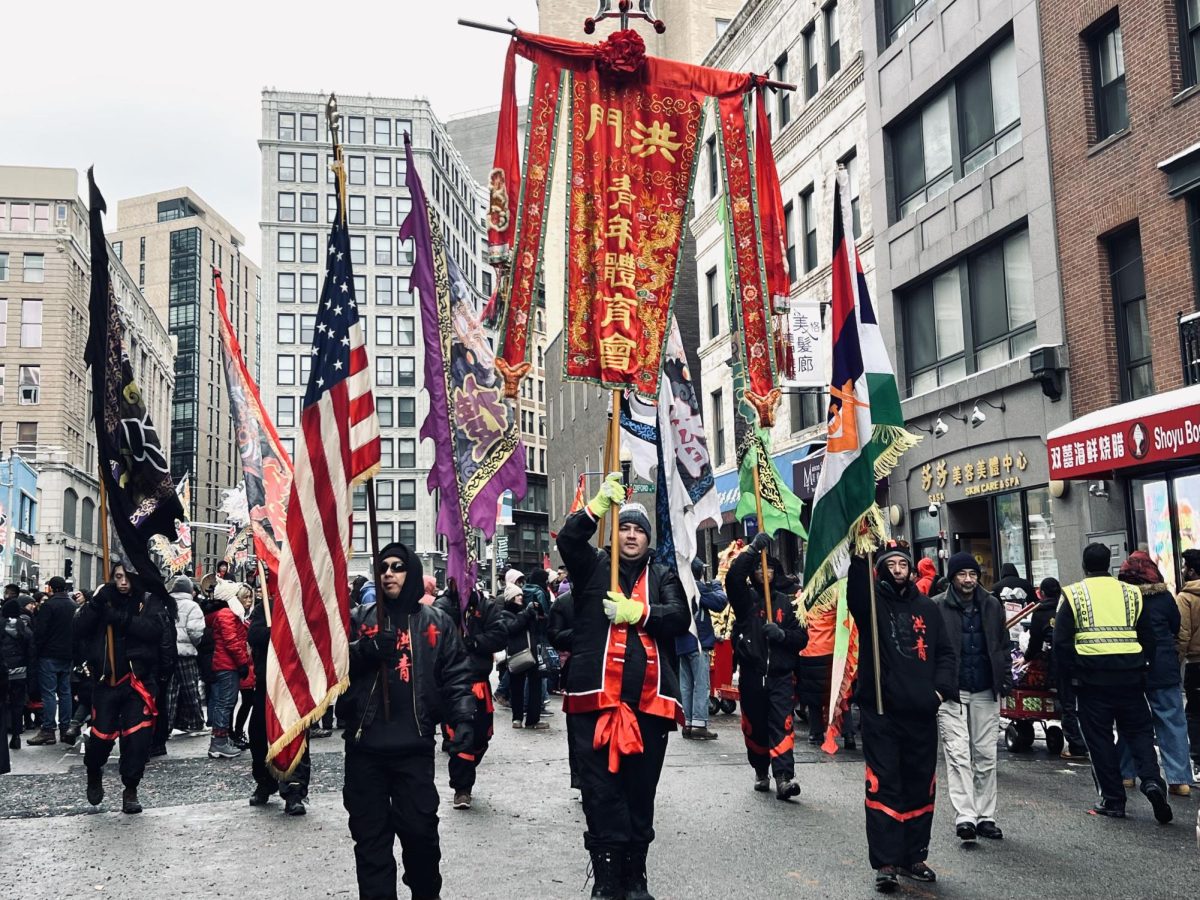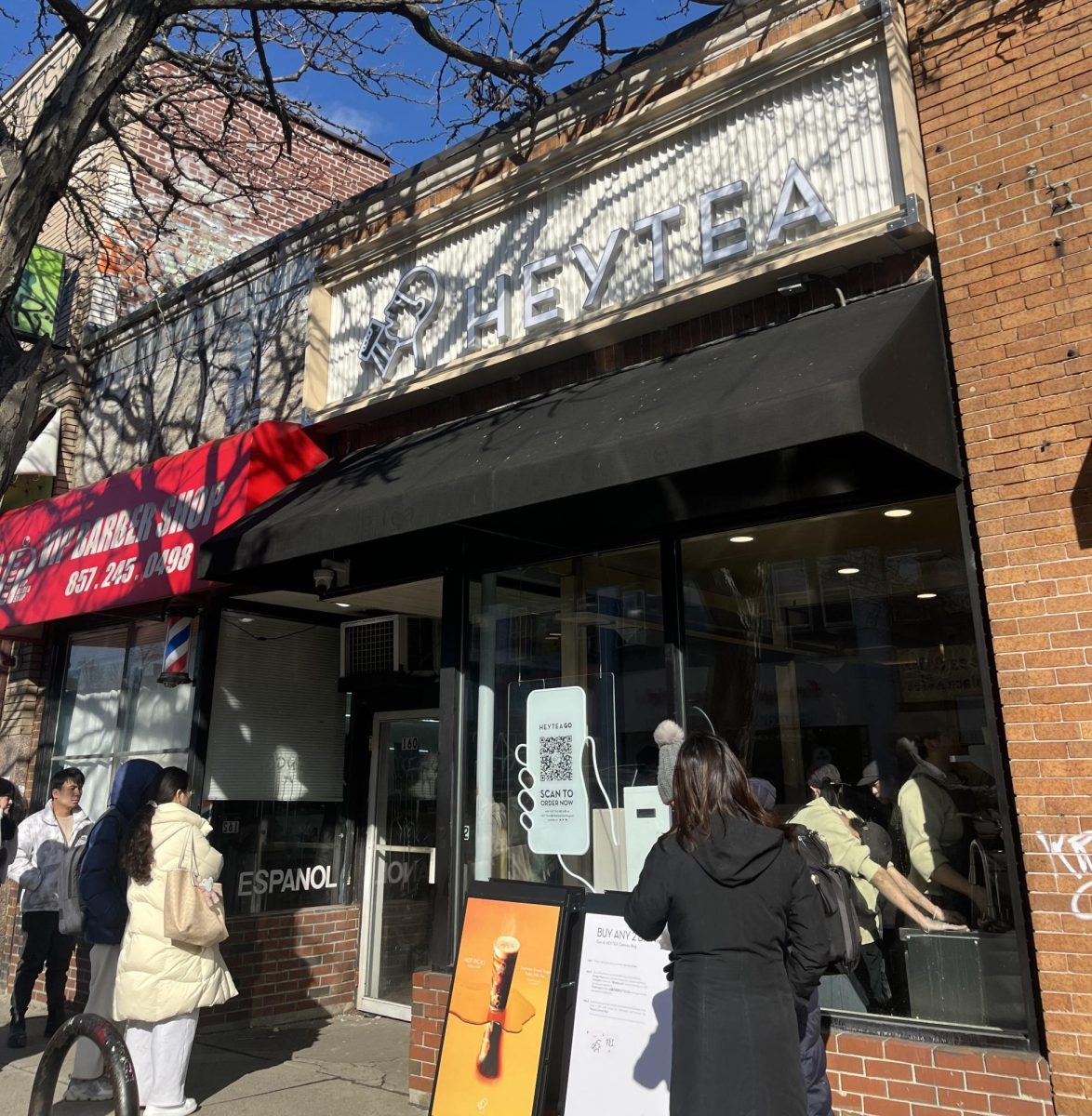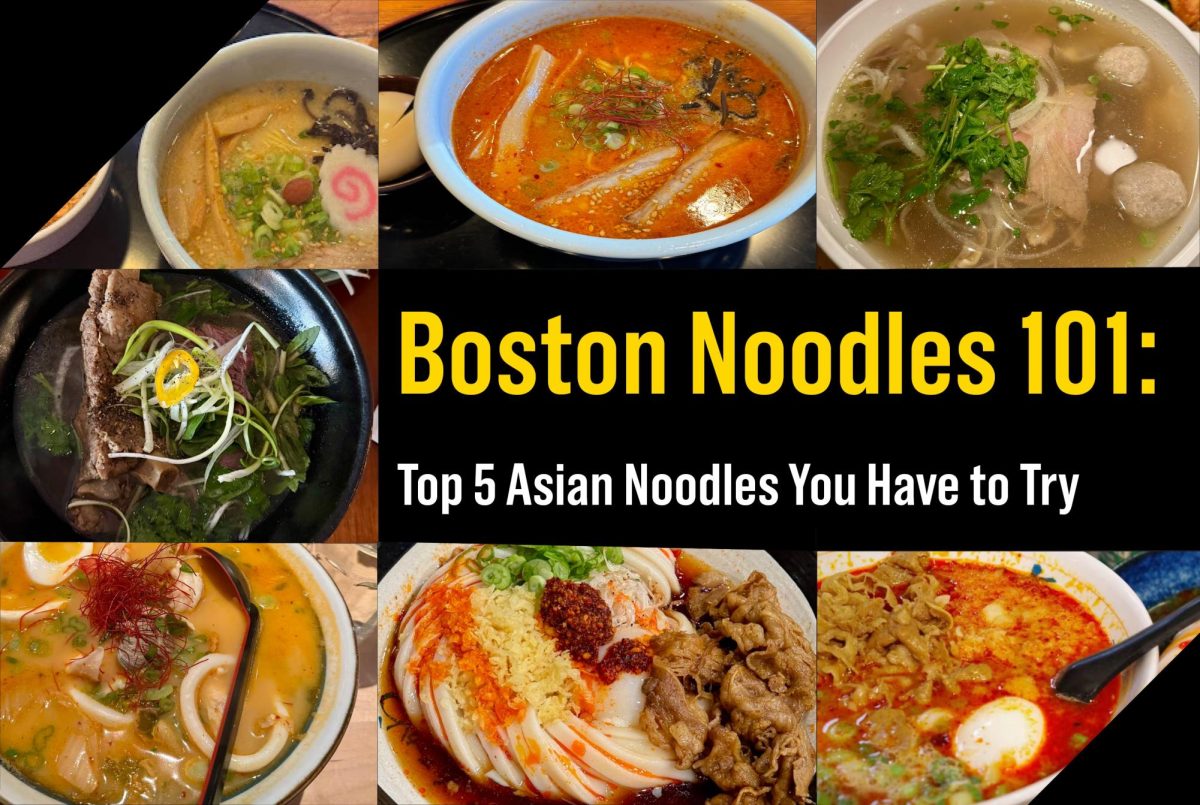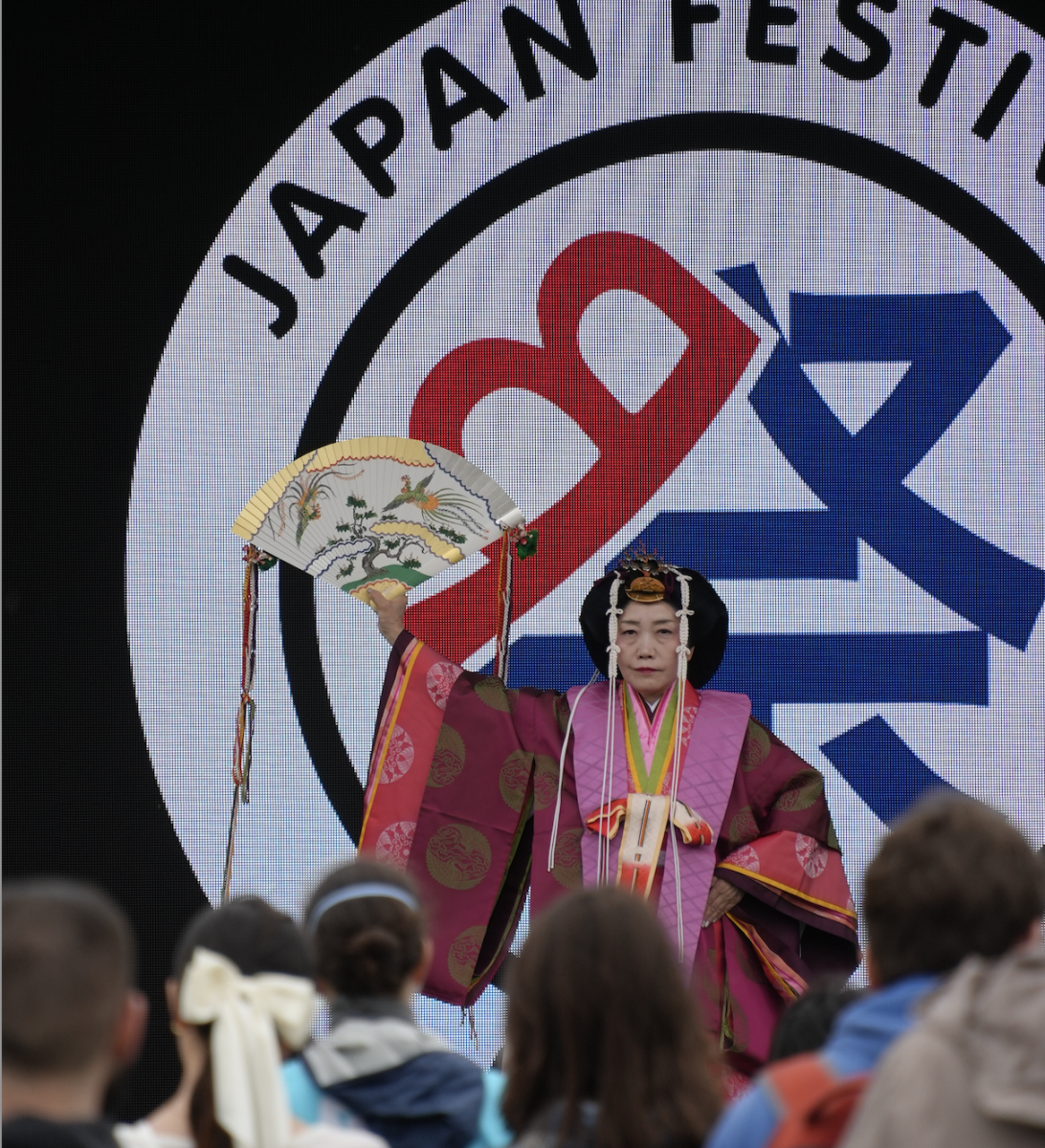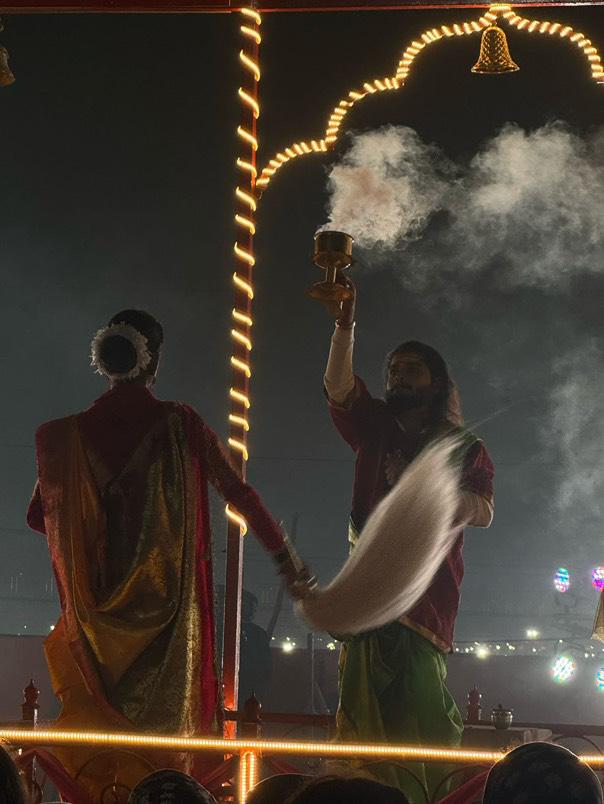Following the termination of China’s Zero-Covid Policy by authorities, the country’s tourism industry is witnessing a resurgence. A notable development is the emergence of the trending hashtag #SpecialForcesTravel on the Chinese social media platform Douyin (the Chinese version of TikTok).
Under this hashtag, a group of young adults in their twenties, primarily college students, refer to themselves as “special forces” due to their intense form of travel. As of June 5, the hashtag #SpecialFrocesTourism has already garnered an impressive 3.56 billion views on Douyin. Similarly, related hashtags such as #CollegeStudentsTravel and #CollegeStudentsSpecialForces have also reached approximately 300 million views.
The concept behind “special forces tourism” involves visiting numerous sites and sampling diverse cuisines within the shortest possible timeframe. It has been hypothesized that this is due to the lockdown of COVID-19 over the past three years, especially last year when many parts of China experienced long and extensive blockades. People are choosing to try a “go where you want to go now” thought. This trend has gained significant popularity among Chinese travelers.
“Special forces style tourism” reflects the attitude of Chinese Gen-Z. In 2022, China endured an extended lockdown due to the Zero-Covid policy, making it exceptionally challenging for many college students to leave their campuses. Additionally, travel to certain areas was subject to restrictions. Since the end of the Zero-Covid policy, an increasing number of individuals are embracing and promoting the idea of “exploring destinations immediately,” even if it’s only for a short period.
In a short video that has garnered over 1.36 million likes under the hashtag, a vlogger (@隆冬洋) documented her experience of tasting Nanjing’s local delicacies within 24 hours (although only 12 hours were featured in the video). She set off from Fujian Province before dawn, arrived in Nanjing at 9 a.m., and immediately headed to the local snack street. Throughout the day, the vlogger recorded herself consuming a variety of foods from different stalls and restaurants, visiting a total of 28 establishments between 9 a.m. and 9 p.m. At 9 p.m., she returned to the airport, ready to head back to her university in Fujian Province to prepare for the following day’s classes.
The comments section of such short videos often contains lighthearted remarks, with users asking questions like, “Will your taste buds expire tomorrow?” or jokingly asking “Does Nanjing not allow you to go back again?”
In another video, a vlogger, (@追风筝的北) shared their experience of a whirlwind tour of Mountain Taishan, one of China’s most famous mountains. The vlogger’s itinerary included arriving at Taishan train station at 12:27 a.m., reaching the hotel at 1:02 a.m., enjoying a BBQ meal at 2:24 a.m., arriving at the midway gate of Taishan at 12:05 p.m., reaching the summit at 3:05 p.m., witnessing the sunset at 6:26 p.m., descending at 6:43 p.m., returning to the midway gate at 8:11 p.m., having dinner at 9:40 p.m., boarding the train at 10:48 p.m., and arriving back at their school in Anhui Province seven hours later.
Moreover, numerous vloggers have posted the “visit a city every weekend” challenge. These vloggers typically aim to complete their trips over a weekend, sometimes even within 24 hours without spending the night in the destination city. However, this style of tourism has faced some skepticism. Certain comments have raised doubts about the feasibility of consuming such vast amounts of food or visiting numerous locations in such a short period, suggesting that these vloggers may have actually accumulated their footage over several days and presented it as a single day’s travel.
While some skeptics have questioned the authenticity of the videos, the feasibility of completing such ambitious itineraries, and the possible negative health effects of such a schedule, the enthusiasm surrounding “special forces style tourism” continues to grow. It has become a symbol of Chinese youth’s evolving travel preferences and adventurous spirit.
As the tourism industry in China rebounds and travel restrictions ease further, it remains to be seen whether this trend will endure and how it will shape the future of travel among Chinese Gen-Z. For now, the hashtag #SpecialForcesTravel and the captivating stories shared by vloggers on Douyin continue to captivate audiences and inspire others to embark on their own intense, time-sensitive travel adventures.

